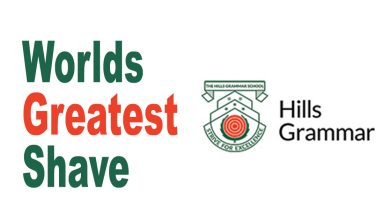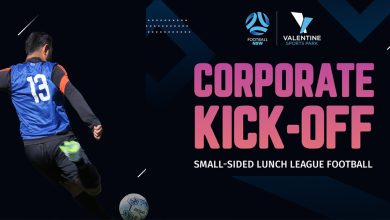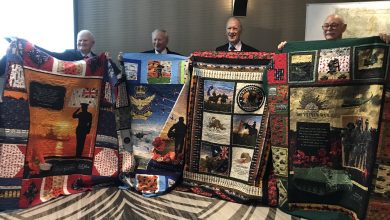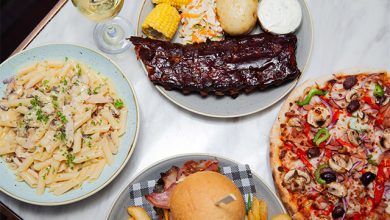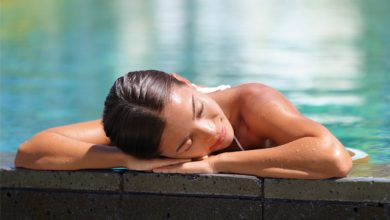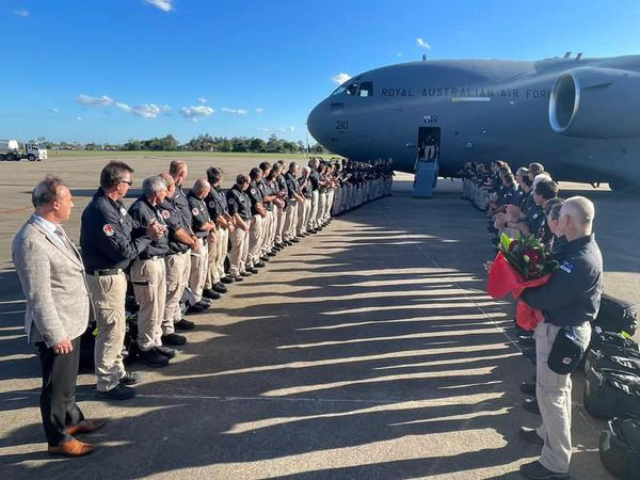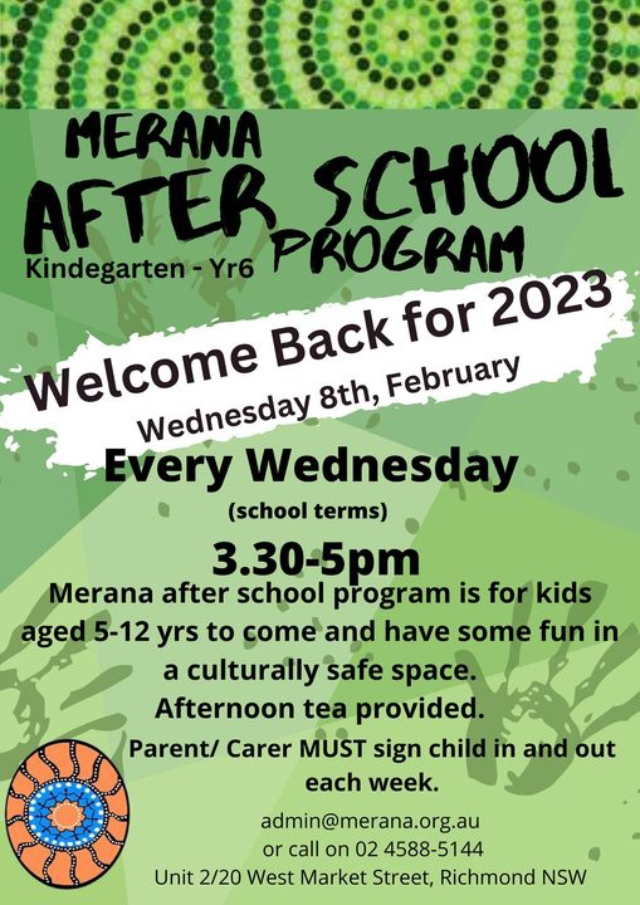This series of Living Legends is about Vida McLellan, a missionary nurse who served in Ethiopia from 1955 – 1974. Vida grew up on a farm in the out-back of New South Wales. In 1955, after nurses’ training and Bible College, she travelled to Ethiopia to serve in very remote and difficult areas in southern Ethiopia. Vida, married Dick McLellan, while at language school in 1955. For sixty years Vida has served alongside Dick both in Ethiopia and after their return to Australia.
Her life is a testimony to the words of our Lord Jesus: “it is more blessed to give than receive.” Here is her story in her own words.
I was born some place around Gulgong. My parents were Fredrick Charles Scott and my mother Alice Rose Farley. They were young when they were married. I think my mother was only 16 or 17 and Father was about 20 or 21. My father’s parents were Thomas and Margaret Scott. Some of the naughtier members of my family like to tease me by claiming they can hear ‘chains clanking’ in my background, but in fact, my family were not convicts. My great-grandfather, Charles Scott, emigrated to Australia aboard a sailing ship, Annie Wilson, as a free settler back in 1859.
Mum and Dad lived within walking distance of our grandparent’s house. I remember going there and washing grandfather’s socks. They gave me three pence to do them. That seemed a lot of money to me. There was a picture of Jesus hanging on the cross in one of the rooms. I didn’t know anything about Him or God, except He was somewhere up there; but I have always had an awareness of God, a consciousness to do what was right, and felt bad if I did the wrong thing.
I always remember going to Gulgong with my mother to see her mother and the real treat for us children was that she always gave us three pence or six pence. We would take off with our fortune up to Mrs Drawers’ shop and she changed our money into halfpennies. That seemed to make it much more. So we would buy a halfpenny of this and halfpenny of that.
There were eleven children in our family and I am the third oldest. There were six girls and five boys. One brother, Ronald, died from meningitis when I was very young. He was just four years old. My oldest brother, Fred, died some years ago and so has my sister, Ida. My brother Albert, we called him Pat, died in 2010 and Don last year, 2014. That leaves me, Vida, and Marjory, Ruby, Ivy, Kevin and Fay.
When I think of how we live today, and all we have, it makes me realize how hard it must have been for our parents, and how much we owe to those first settlers. Times were hard in those days.
Dad took up a selection of land in its raw state. He called the property Wondah Farm. It is still called that today. I never knew why he called it by that name. The land had to be cleared for cultivation and breeding animals. He built a bark and slab house with three small rooms. It was well air conditioned through the cracks. It had slabs on the floor. We papered the wall with old newspapers. As we children got older this was a good way to learn to read. It was all so very primitive. Mum didn’t have a stove to cook on. Bread was made in a camp oven over an open fire, hanging down by a long chain, with live coals underneath. It was nice bread. I remember pulling out the middle and eating it when Mum was out of sight. The crust was so crunchy. Mum cooked most things over the fire and in front of the fire. That is how I got my legs scalded. Ronald and I were chasing each other round and round the table, and knocked over a pot of boiling water. I can still feel the pain when I think about it. There was always this great big black kettle hanging over the fire with boiling water to make tea, do the washing up and in the winter time, hot water for bathing in a big tub that was also used for washing clothes. There was no running water. All the water was carried up from a well dug in the creek a few hundred yards below the house. It was Fred’s, Pat’s and my job to carry the water in four gallon kerosene tins up to the house. It was hard work. When Fred, Pat and I were old enough, about four years old, we had to get in and help with the chores. We did work hard back then. There was no refrigerator, but only a type of cool box with a kind of damp hessian sacking around it to keep food a little bit cool. Clothes were washed by hand in the big tub, then rubbed on a washing board. Very dirty things were boiled up in a big boiler. All this was done out in the open on a fire. We gathered corn husks to make mattresses for our beds. So much for the good old days. I can’t remember ever going hungry though. Fred, Pat and I used to set rabbit traps. We skinned the rabbits and sold the skins. Then Mum seasoned the rabbits and baked them with potatoes and pumpkin. Very tasty. Dad shot kangaroos when we had no meat. We ground up the meat and Mum made rissoles. Really nice. And, she made the best kangaroo tail soup ever.
Dad had plans to build a really nice home up where the peach trees were planted, but that never worked out for him. What, with the drought and depression years, then the war, it was hard just to keep things going. My first memory is when I was two or three years old when I followed my father as he left to cut sleepers. To make ends meet he would go out to the forest and cut down iron bark trees for sleepers to go under railway lines. This was terribly hard work for a young man. First, he cut the trees, then split the logs to the right size, with a chisel and sledge hammer. Each one would be finished off with a heavy squaring axe and then carted on a horse and dray to Gulgong where they were sold. They had to meet all the right standards. All this hard work was for very little money. I don’t think we children fully understood just how hard he worked and how tired he must have been just to feed us.
I only went to school for three years. In those days — if there was a school — children started school at four years of age. This was because in the little bush school at Bungabar Creek, Blue Springs there had to be enough children to keep the school open for the Government to provide a teacher. Money was very short and almost everyone was struggling to feed their families. I remember that we walked bare footed some three kilometres to school. We had no shoes. I had one dress and it was a black dress. I hated it. I didn’t want to see anyone. I was so ashamed of it. A couple of the families were a bit better off than we were. They had nicer clothes and shoes and socks, and that didn’t make us feel any the better those cold frosty mornings. They make me shiver even now. We ended up with chilblains on our feet. When I first went to school Mum would put my hair in rag curlers to have it nice for school, but one day on the way home Pat and Fred dipped my head in the water. That meant trouble when I got home. We had strict orders to go straight home and help with the chores.
The first teacher was Mr Philips. He could be harsh and cruel. All the children were so scared of him, too scared to ask to go to the toilet, so there were a few wet pants. That didn’t make him any happier. He really loved to use the cane and for the least wrong doing. It was six cuts of the cane on the open hand. The boys hated it and one day, after the teacher left for home, the boys got back into the school, found all the canes and hid them up in the hessian cloth ceiling. The only problem was that, to reach the ceiling, they had to stand on the teacher’s desk and left their footprints. The next morning the teacher saw the foot prints on his desk. He measured each boy’s feet. Down came the canes and out went the hands. Six cuts all round.
After Mr Philips left, Mr Hawke came. He was a little better, but he still liked the cane. He drove to school by horse and sulky. It was the boys’ job to look after the horse and not let it get away. The boys, including my brother Pat, got the idea, that, if they let the horse get away, then they would be able to go for a ride on the horse. The only trouble was that one of the girls went and told the teacher what they had done. So they each ended up getting the six cuts. Poor Pat. When he got home he told Dad that he got the cane just for the horse getting away, but left out his plan to go riding, not that he actually lied about it. Well, Dad got good and mad. He went and confronted the teacher. When he found out what really happened Pat was in for it. When Pat got home from school Dad got out the belt and poor Pat got the flogging of his life. I was so scared stiff as I hid under the table. There is so much I could write about the few school years that I had. The school broke up again and I finished in third grade. Well it gave me a start. It was some years before the next teacher came, but by that time the family had grown and I had to stay home and help.
Back then, we had to make our own games, and the boys could always find some, even if it was chasing Mick Farley’s goats, or paddling in the dam on the way home. Home life seemed happy until sadness hit the family. Mum had gone in the horse and sulky to Gulgong some sixteen miles away to get food. Dad took Ronald with him cutting timber. It was then that Ronald contracted meningitis and became ill. They took him to Dr Tunley who admitted him to hospital, but there was nothing that could be done. There was no cure. Ronald’s death changed my parents. They didn’t understand why it had happened and they each blamed the other in their grief. I was only six and things seemed to change at home.
Dad became hard to get along with. For the littlest thing we did wrong, out came the strap. Once it was my job to keep the cows off the corn, but the pesky things kept going on it. I got frustrated with them and said something I shouldn’t have. Well, Dad heard me and he took after me with the strap. I took off for the bush. I was too scared to come home. I knew I was in for it. It probably didn’t work, but I don’t really remember what happened.
Once I decided that I wanted to learn how to milk the cows. It all had to be done by hand and afterwards I was sorry for asking. From then on it became my job, winter and summer, and those frosty mornings were ever so cold. It was my job to round up the cows and put them in the pen with the calves. There was this contrary cow that would not do the right thing. She made me chase her all over the paddock. So I used to grab her by the tail and made her pull me along. Her calf was as bad. He would not go where he should. One day he ran away. I picked up a stick and threw it at him. It hit him at the base of the head just above the neck. He just trembled all over. Then, he fell on the ground dead. I couldn’t believe my eyes. In trouble again! Was I ever so scared to go home and tell Dad! Dad also had horses. They helped to work the paddocks and were used for travelling, by an old sulky or buggy, to go to town for food and stuff. Dad cleared a big paddock to grow wheat and bought a horse drawn stripper that could strip the wheat and a cleaner to clean the wheat. The cleaner had a handle to turn. It was Fred’s, Pat’s and my job to take turns turning the handle as one of us put the wheat in. It was just such hard work, but we all had to do it. Now when I see all the amazing things that farmers have today they really have no idea how the old farmers managed. Dad bought a chaff cutter too. It had a handle to turn as well. And that was hard work. But I did love to ride the horses when we rounded up the sheep. We got on the horses bare back and raced them through the trees. I also liked going to Gulgong with Dad in the sulky. It was a treat to buy a packet of Sao biscuits and eat them as we jogged along. One time I went with Mum to Gulgong. As we were crossing Reedy Creek, we looked up the creek and saw this wall of water washing down. We were able to reach the other side just in time, but we were unable get home that night. The creek was flooded.

